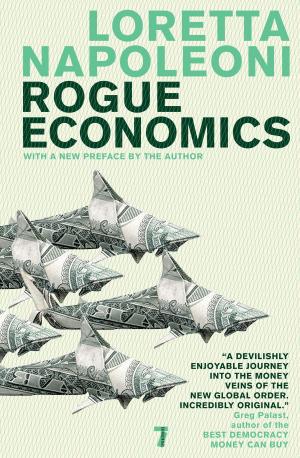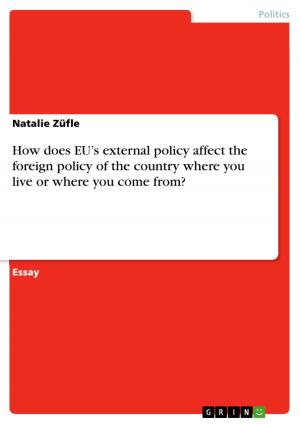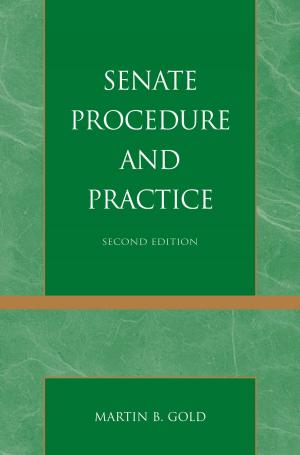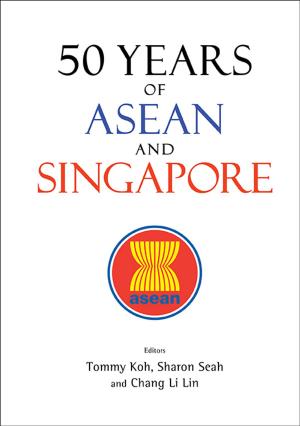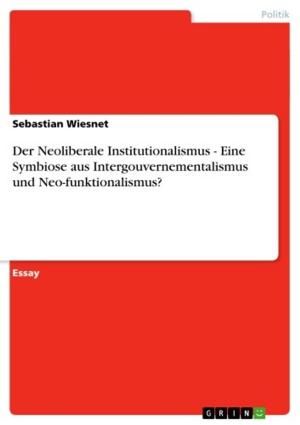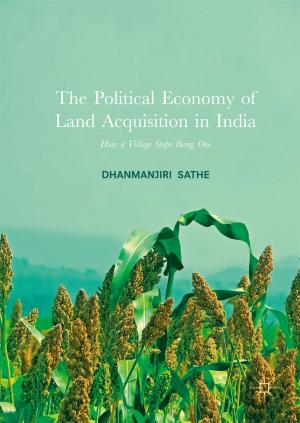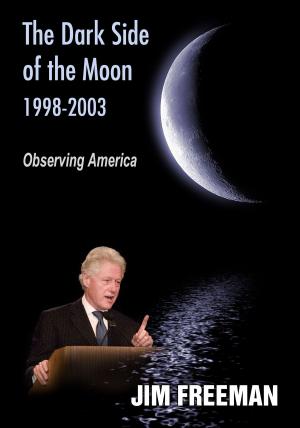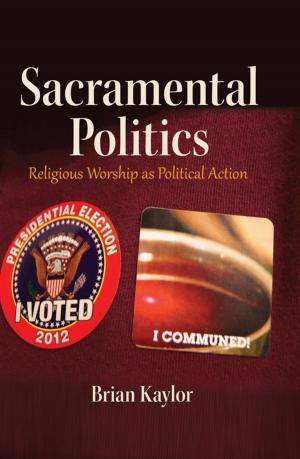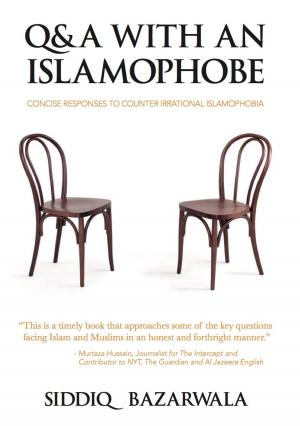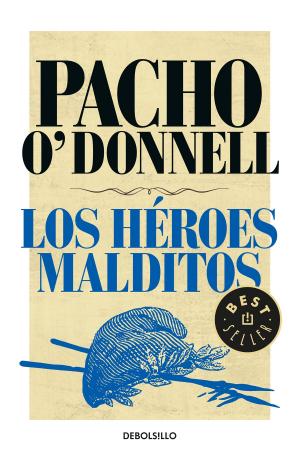Essays on Modern Art: Hannah Wilke
Nonfiction, Entertainment, Performing Arts, Social & Cultural Studies, Political Science| Author: | Justice Koolhaas | ISBN: | 9781310634215 |
| Publisher: | Justice Koolhaas | Publication: | May 5, 2016 |
| Imprint: | Smashwords Edition | Language: | English |
| Author: | Justice Koolhaas |
| ISBN: | 9781310634215 |
| Publisher: | Justice Koolhaas |
| Publication: | May 5, 2016 |
| Imprint: | Smashwords Edition |
| Language: | English |
Justice Koolhaas’s Essays on Modern Art are reproduced alongside at least one of each artist’s works that she owned. Unusually, these works were discards; even more unusually, she obtained them on condition that each artist signed a statement disowning them as artworks.
Hannah Wilke is undoubtedly one of the most influential figures in contemporary art. She has changed the way we think about sexuality, gender and power. Her brilliant interrogations of identity categories have been hugely influential for art practice, and they continue to challenge the viewer to engage in a critical rethinking of ‘the subject’.
To mark the fifty years since she first exhibited in New York, this E-book in the Essays on Modern Art series has an extended introductory chapter. This additional material makes it easier to spell out all of Koolhaas’s main points and explain the key quotations from her essay. This structure will help students get to the heart of this newly translated essay more easily.
Justice Koolhaas’s essay ‘Narcissus Féminine’ places the artwork she owned – Blood / Soil, as well as Wilke’s art as a whole – in its theoretical and philosophical contexts, analysing the impact on contemporary art and theory. Dealing throughout with questions about the very concept of ‘the body’, Koolhaas emphasises how blood relates to psychiatry, language and gender politics in Wilke’s oeuvre. The references in Textual Connexivities at the end of the essay makes this E-book an invaluable starting point for anyone approaching Wilke’s work for the first time.
Koolhaas’s opaque writing is rendered lucid and quotable for students and non-students alike by the translator, C. M. Cohen. This means that the uninitiated Koolhaas reader can pick and mix material from this book to suit their purposes without feeling pressured to grasp everything at once.
Justice Koolhaas’s Essays on Modern Art are reproduced alongside at least one of each artist’s works that she owned. Unusually, these works were discards; even more unusually, she obtained them on condition that each artist signed a statement disowning them as artworks.
Hannah Wilke is undoubtedly one of the most influential figures in contemporary art. She has changed the way we think about sexuality, gender and power. Her brilliant interrogations of identity categories have been hugely influential for art practice, and they continue to challenge the viewer to engage in a critical rethinking of ‘the subject’.
To mark the fifty years since she first exhibited in New York, this E-book in the Essays on Modern Art series has an extended introductory chapter. This additional material makes it easier to spell out all of Koolhaas’s main points and explain the key quotations from her essay. This structure will help students get to the heart of this newly translated essay more easily.
Justice Koolhaas’s essay ‘Narcissus Féminine’ places the artwork she owned – Blood / Soil, as well as Wilke’s art as a whole – in its theoretical and philosophical contexts, analysing the impact on contemporary art and theory. Dealing throughout with questions about the very concept of ‘the body’, Koolhaas emphasises how blood relates to psychiatry, language and gender politics in Wilke’s oeuvre. The references in Textual Connexivities at the end of the essay makes this E-book an invaluable starting point for anyone approaching Wilke’s work for the first time.
Koolhaas’s opaque writing is rendered lucid and quotable for students and non-students alike by the translator, C. M. Cohen. This means that the uninitiated Koolhaas reader can pick and mix material from this book to suit their purposes without feeling pressured to grasp everything at once.




